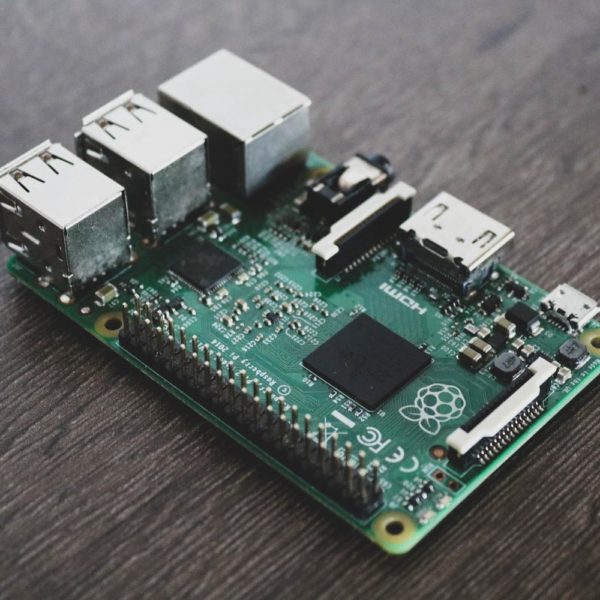Kernel Design: Microkernel vs. Monolithic
Motivation This hotly debated topic has been around for decades, and it is just as alive today as it was 28 years ago. The truth is, there are fundamental differences in the theory which drives the design of a monolithic kernel versus a microkernel. In this post, I will extrapolate from my knowledge of various kernel designs to explore what these two primary types are, what their features, benefits, drawbacks and implications may be. I’ll also briefly explore the extension…





